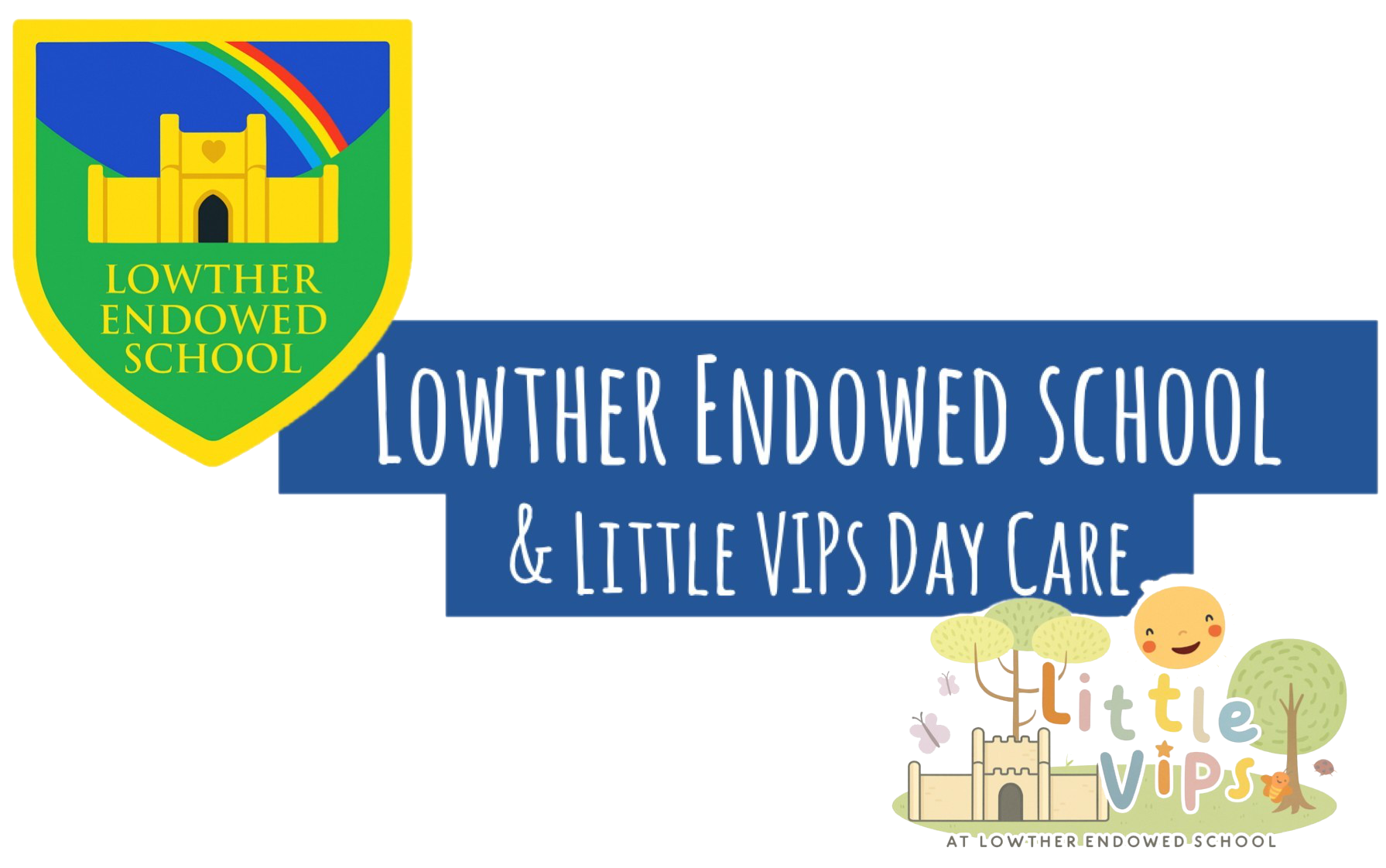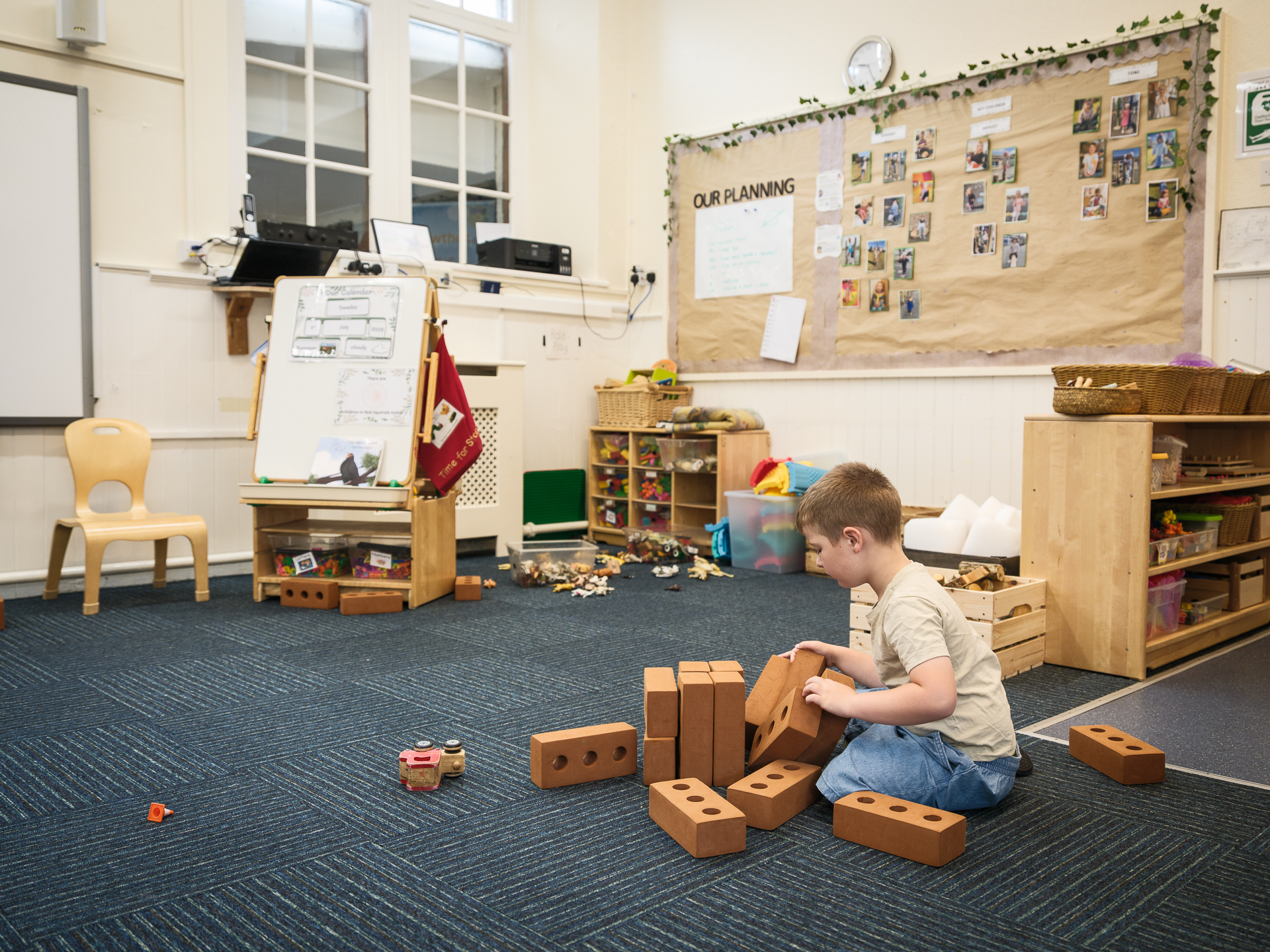Religious Education & Worldviews
Religious Education and Worldviews at Lowther Endowed School aims to give pupils a respectful understanding of different religions, beliefs, and cultural practices both locally and globally. Through a broad and balanced curriculum, we explore how people make sense of the world, how beliefs shape lives and how communities express their values. Our RE teaching promotes curiosity, empathy, and tolerance, preparing children to live and contribute to a diverse and ever-changing society.
Intent
At Lowther, the intent of RE and Worldviews is to:
-
Help pupils develop a secure understanding of Christianity, other principal world religions, and non-religious worldviews.
-
Enable pupils to explore big questions about life, belief, ethics, and identity.
-
Foster curiosity, empathy, and open-mindedness about the beliefs of others.
-
Support children to understand how religious and non-religious worldviews influence individuals, families, and communities.
-
Promote respect for diversity and an understanding of the importance of beliefs in shaping culture and values.
-
Encourage children to reflect on their own beliefs, values, and experiences.
-
Provide children with the knowledge and vocabulary to discuss beliefs thoughtfully and respectfully.
Implementation
-
RE is taught weekly across all year groups following the Cumbria Agreed Syllabus, which is enriched by exploring worldviews and contemporary issues.
-
Lessons are enquiry-based and structured around key questions that encourage deep thinking and reflection.
-
Children explore religious stories, artefacts, festivals, places of worship, and traditions to gain insight into different faiths.
-
RE lessons are inclusive, reflective and provide opportunities for discussion, debate, role play, and art-based responses.
-
Learning is supported by visits to local places of worship and visitors from a variety of faith communities.
-
Christianity is studied in every key stage, with Judaism, Islam, Hinduism, and non-religious worldviews explored across the curriculum.
-
Pupils are encouraged to make connections between different belief systems and reflect on the impact of faith and belief in real-life contexts.
-
Teachers use mixed-age planning that ensures progression in knowledge, vocabulary, and understanding over time.
Impact
-
Pupils demonstrate a respectful and informed understanding of different religions and worldviews.
-
Children develop the ability to ask thoughtful questions, express their views, and engage with a variety of perspectives.
-
Pupils show increasing confidence in using religious and philosophical vocabulary appropriately.
-
Children value diversity and display empathy and respect towards those with different beliefs or lifestyles.
-
RE contributes positively to pupils' personal development, including their moral, spiritual, and cultural awareness.
-
Pupils leave Lowther with a broad understanding of faiths and worldviews, ready to contribute to a respectful and tolerant society.
Cultural Capital in RE and Worldviews
RE and Worldviews provide essential cultural capital by:
-
Helping children understand the major religions and worldviews that shape societies around the world.
-
Offering insight into global traditions, festivals, values, and rituals, broadening pupils' cultural awareness.
-
Enabling children to explore human rights, ethics, and global issues through the lens of belief systems.
-
Encouraging pupils to reflect on their own identity while appreciating the beliefs and experiences of others.
-
Providing real-life encounters with different cultures through visits, visitors, stories, and celebrations.
-
Promoting dialogue, reflection, and critical thinking—skills essential in a multicultural and interconnected world.
What does RE and Worldviews look like in EYFS .....
In the Early Years, RE is experienced through:
-
Storytelling and role play based on religious and cultural narratives (e.g., Christmas, Diwali, Eid).
-
Handling artefacts, exploring pictures, and watching videos of celebrations and places of worship.
-
Learning simple songs, rhymes, and customs from different cultures and traditions.
-
Encouraging children to share their own experiences of celebrations, family traditions, or special places.
-
Circle time discussions about feelings, kindness, and making good choices—laying foundations for moral development.
-
Activities that build understanding of community, belonging, and respect for difference.
-
Opportunities for awe and wonder through nature, festivals, and reflective experiences.
Collective Worship
Each day in school we have a collective worship. We link it to the traditions of the Christian faith. We observe the festivals and mark the events of the Christian calendar.
Our close links with the local churches mean that we regularly welcome visitors to take part in and lead our assemblies.
Parents/Carers have the right to withdraw their child from Collective Worship. Suitable alternative arrangements can be made in consultation with parents.


